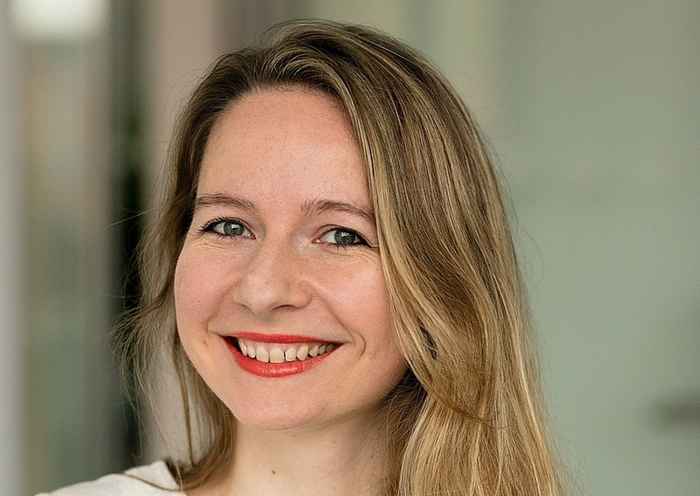NWO grants for 2 ABS researchers
27 November 2024

The grants of up to 50,000 euro will be used to carry out research on the following topics:
Understanding the effects of employee sourcing on gender diversity outcomes
Sarabi will explore sourcing and identifying candidates for job openings and how this impacts the hiring process. Sourcing and identifying candidates takes place in the early stages of the hiring process. It can have a significant effect on outcomes for the entire organisation. Specifically, the ABS researcher will explore the impact on diversity remains. To date, very little research has been done in this area. She will examine how different sourcing channels—such as using job advertisements, employee referrals, or social media—affect workforce gender diversity. By comparing different sourcing channels across organisations in an American, her research will provide novel insights into how sourcing strategies influence demographic compositions within organisations. The findings of this project contribute to developing more equitable hiring practices and help address gender disparities in the workplace.

How to be dominant and warm? Male and female leaders’ intentions and expressions of gender-stereotyped behaviour
Hentschel’s project examines a difficult challenge faced by female leaders: they are often disliked if they display assertiveness and dominance (agency). But on the other hand, they are not seen as effective leaders if they display warmth and emotionality (communality). Researchers argue that women can overcome this challenge by combining both types of characteristics but provide little guidance on how to do so. Hentschel’s research will aim to understand whether and how leaders can be both dominant and warm. She will also explore if – due to gender stereotypes – subordinates and supervisors evaluate male and female leaders combining these characteristics differently. The ABS researcher will use interview and experimental methods in her work.